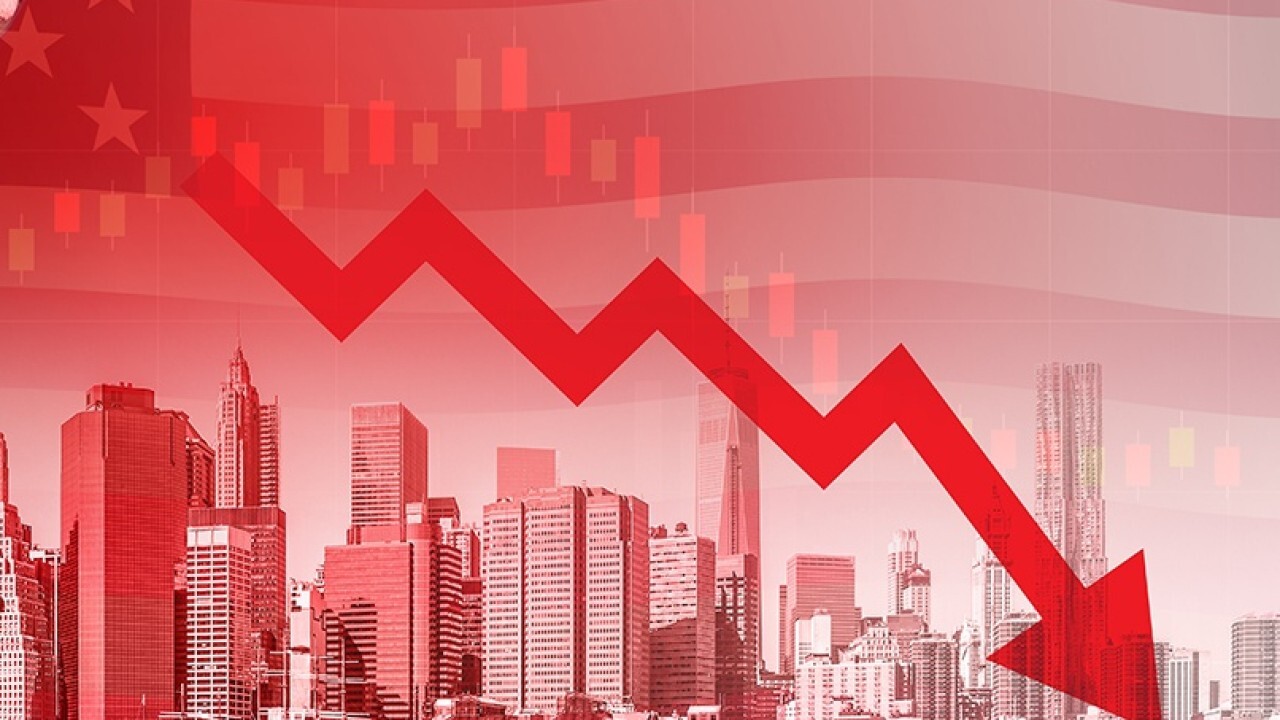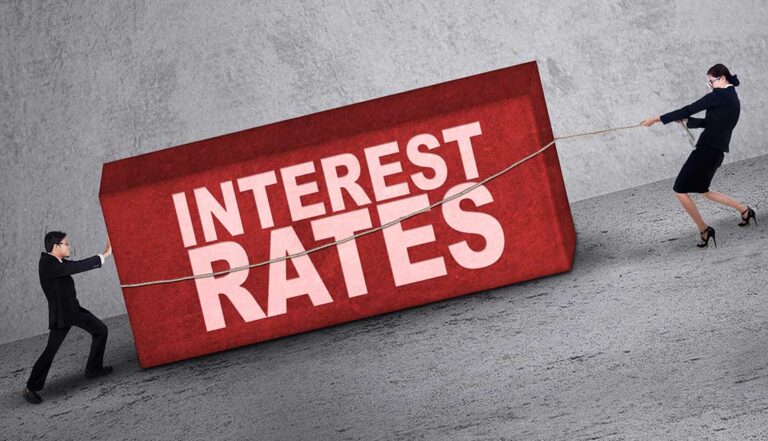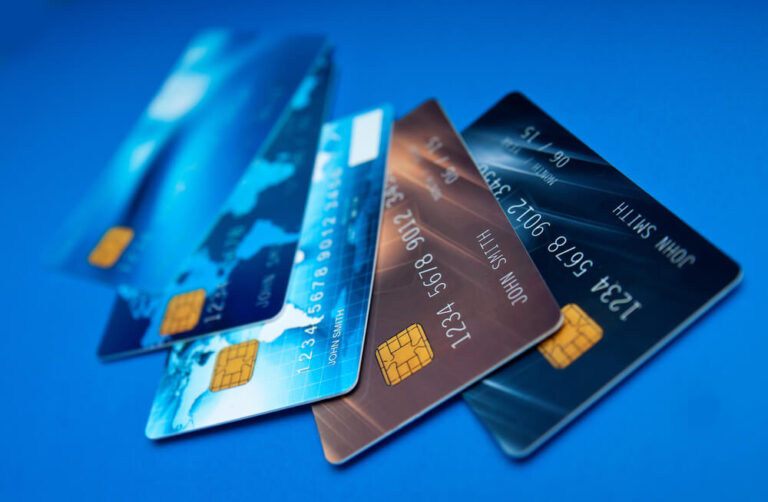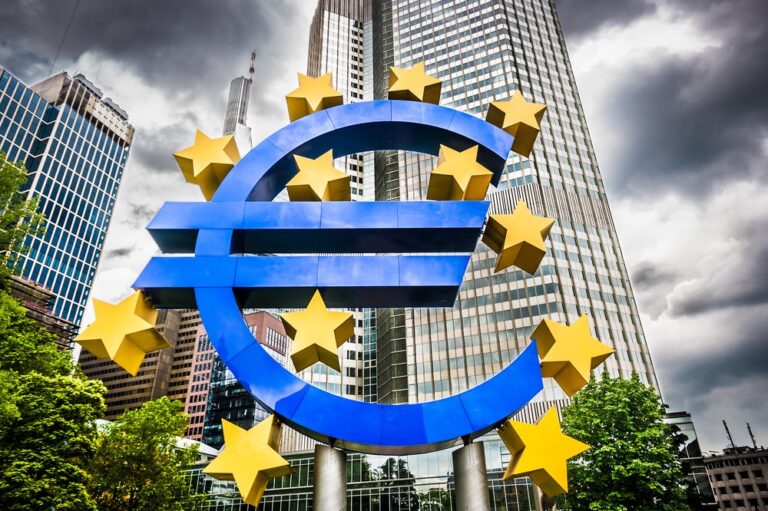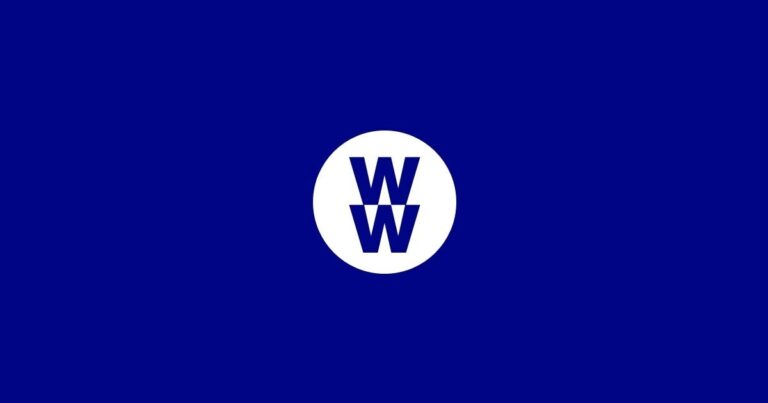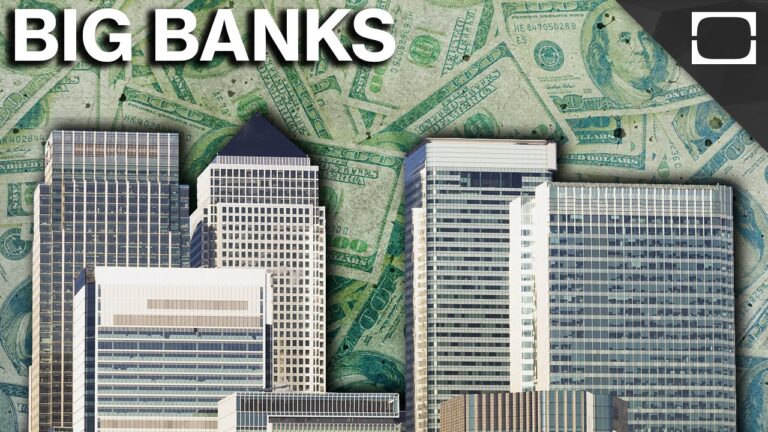Are we in a Recession?
Are we in a recession? Talks of a possible recession among bankers, economists, and analysts have increased due to an uncertain economic backdrop caused by raising inflation, sky-high interest rates, and chaotic stock markets. While the U.S economy has remained resilient with robust consumer spending, and a strong job market on average, worries of increasing borrowing costs for businesses and consumers have reverberated fears of a recession in the near future – possibly in the next 12 months according to many analysts.
After years of near-zero interest rates, the Federal Reserve, America’s Central Bank, recently raised its benchmark lending rates by 75 basis points to between 1.5 percent and 1.75 percent in June, with even more aggressive measures projected before the end of the year as the regulator rushes to tame the run-way inflation. This is the bank’s highest single hike in more than 28 years. Inflation in the U.S currently stands at 9.1%, the highest in over 40 years.
Will the Central Bank be forced to slam brakes further on economic growth in order to bring inflation to heel? How much growth can the economy give up to neutralize high inflation without sinking into a recession?
In this article, we give a deeper dive into why recession fears are sending jitters among consumers and policy makers and causing shockwaves in global financial and commodity markets, and the tough balancing that the Fed faces of keeping prices under control without slowing the economy and increasing unemployment. But first, what is a recession?
What is a Recession?
According to the National Bureau of Economic Research (NBER), a recession refers to a significant and prolonged drop in the economy due to a decline in economic activities during a certain period. It is a scenario where the economy stops growing and takes on a downward dive. According to NBER, the decline in economic activities must happen for two consecutive quarters for it to amount to a recession.
Every economy undergoes intermittent recession periods due to the boom-and-bust cycles that are typical of all capitalist economies. During recession, the GDP shrinks, incomes drop, unemployment goes up, industrial production slumps, and retails sales go down. And while a recession is usually expected at some point during the economic cycle, it is usually the timing, the magnitude, and the effects that get consumers, policymakers, and analysts by surprise.
The National Bureau of Economic Research has a Business Cycle Dating Committee, which declares when the U.S economy is officially in a recession. This declaration usually comes when the slump is already underway.
Raising Fears of a Recession
The current economic downturn has seen several economists and analysts boost their odds of a possible recession in the near future. Goldman Sachs analysts have raised the probability of a recession in the next one year to 30 percent from 15 percent. Analysts at the Wall Street giant have also put the probability of a recession in the next two years at just below 50 percent up from 35 percent.
At JPMorgan Chase, America’s largest bank, economists have raised the probability of a recession occurring in the next one year to 35 percent, which is regarded “uncomfortably high”.
Ethan Harris, from Bank of America, and a leading global economist puts the possibility of a recession in the U.S at 40 percent and predicts near-zero economic growth in the second half of 2023. The economy is expected to rebound modestly in 2024.
At Citigroup, economists are putting the possibility of a global recession at 50 percent and predict that the U.S economy will slow down but not shrink.
According to Jay Bryson, the chief economist at Wells Fargo, a recession in 2023 “seems more likely than not.” He predicts the U.S economy will shrink by a modest 1 percent for two quarters of 2023. He says the labor market will remain strong and resilient because the downturn will not be so deep.
All these projections points to an uncertain economic future, with high possibilities of a downturn in economic growth. In their analysis notes, many analysts point to several factors as possible indicators of a recession in the near future.
What is causing Fears of a Possible Recession?
The storm around sluggish economic growth and a possible recession have been fanned by Fed’s ongoing efforts to bring roof-high inflation under control. The U.S has seen record inflation since the start of 2022, largely attributed to a number of factors.
First, the stimulus package introduced by the government to cushion consumers and businesses from the economic effects of the COVID-19 pandemic pumped more money into the economy against scaled-down economic activities, and led to more idle money floating in the market. The increased money supply led to pent-up demand that drove up prices of commodities.
The pandemic led to supply chain disruptions around the world and caused shortage of essential commodities against high consumer demand. The limited supply of goods, coupled with growing transportation and distribution costs, have caused prices of most commodities to go up.
Finally, the war in Ukraine has seen many countries place an embargo on Russian oil for invading its neighbor. The move has isolated one of the world’s largest oil and natural gas producers in the world and caused a reduction in global supply. The reduction of Russian oil on the global market has a created a shortage that has seen the price of the precious commodity go up, and also caused prices in other oil-dependent sectors to soar.
The war has also cut off Ukraine’s food supply to the global market, creating a shortage that has seen food prices go up in many countries. The impact on food prices has been felt most in Africa and other countries that rely on food imports from the war-ravaged country.
What is the Fed Doing to Bring Down High Inflation?
Unfortunately, any move by the Fed to arrest run-away inflation comes at a cost to the economy. In this case, the central bank needs to implement the monetary or fiscal policies or both to either reduce the amount of money circulating in the economy, or reduce consumption and slow down the economy.
Faced with record-shuttering inflation rates, the Feds recently took drastic measures by raising its benchmark lending rates by 75 basis points, the highest since 1994. During the announcement of the new rates, the Feds noted that even tougher measures may be taken before the end of the year if inflation rates do not normalize. The interest hike comes with increased cost of borrowing and a reduction in business activities, which may ultimately lead to an economic downturn.
The Global Economic Outlook
According to the International Monetary Fund, the global economic outlook has “darkened significantly” in recent months. According to Kristalina Georgieva, head of IMF, the war in Ukraine caused energy price shocks have increased the cost of living and amplified fears of a recession in the near future.
Georgieva further notes that the situation could get tough towards the end of 2022 and into 2023 if Europe continues to experience further disruptions to natural gas supply.
Fears of a global economic downturn have dominated several analyst reports and policy meetings with G20 finance ministers and central bank governors expected to meet in Bali with an agenda full of issues affecting the global economy including the effects of the Ukraine war on the global economy, food security, and the raising inflation.
Several countries have since plunged into economic crises and risk sinking into social unrest and political crises like the one witnessed in Sri Lanka. Countries that risk a Sri Lanka-like economic crisis and the ensuing social and political turmoil include Lebanon, Indonesia, Suriname, and Argentina.
The Fed has in recent months announced big interest rates to normalize inflation, a move that have exerted pressure on other central banks around the world to take similar moves. A report by the Financial Times has found that many central banks are opting higher rate hikes of 50 basis points or more.
With inflation at 7.7 percent, Canada recently became the latest major central bank to announce interest hike from 1.5 percent to 2.5 percent, the highest in 24 years. According to central bank governor Tiff Macklem, the higher than expect interest hike reflects concerns of raising inflation that is affecting all Canadians.
The impacts of China’s zero-COVID policy recently became bare when the world’s second-largest economy announced a sharp quarterly economy drop, the worst in years and further sparking fears of a global recession. The Chinese economy has reported sluggish consumer spending during lockdowns, a housing market in crisis, and record-high unemployment. The situation in China could further push the global economy into a recession given the global economy is heavily dependent on Chinese factories and consumers.
What to Expect During a Recession
As hinted earlier, the Business Cycle Dating Committee of the National Bureau of Economic Research declares when the U.S economy is officially in a recession. Again, this declaration usually comes months after the economy has already sunk into a recession and consumers and businesses are feeling the heat.
Recession can manifest in several sizes, shapes, and duration. The impact may also differ, with some having short-term effects, while others are persistent with their effects spread over a longer period. During a typical recession, the level of economic activity, and hence the GDP drops significantly, unemployment goes up, and level of income goes down. Industrial production and retail sales also take a sharp dip.
Are we in a Recession?
A recession is more likely to occur if the GDP or the value of all goods and services produced in a country continue to drop for half a year or two consecutive quarters. While the economy may currently not be in a recession yet, there are several signs of economic weakness coming up.
With major banks and analysts predicting a possible recession, the most important questions now shift to when will it happen, and how long will it last.
Is it Possible to Avoid a Recession?
The raising inflation in the U.S has been hitting consumers where it pains most – at the grocery store and gas pump. The runaway inflation has inspired talks of a possible recession among consumers and analysts. While the economy is not yet in a recession, a recent Bloomberg survey shows most Americans already feel the economy is in a recession.
While the soaring inflation, Fed’s move hike interest rates, and the possibility of even more hikes in the future have injected a panic mode and amplified fears of a recession in the next 12 months.
Despite inflation figures showing a bleak future, leading economist Dean Baker, co-founder of Center for Economic and Policy Research, and one of the leading economist who first sounded the alarm on the 2008 financial crush says there are reasons to be optimistic of avoiding a recession.
According to Baker, three factors could help the U.S economy avoid a possible recession – falling costs of rent, leveling commodity prices due to excess retail inventory, and a drop in the prices of oil.
Final Word
The effects of a recession usually trickle down to consumers and business in terms of increased cost of living and high costs of doing business. There are several ways an individual or business can prepare for a recession including proper planning with clear financial priorities, bolstering your emergency fund ahead of time, and ensuring you stay on top of your financial situation.
.
